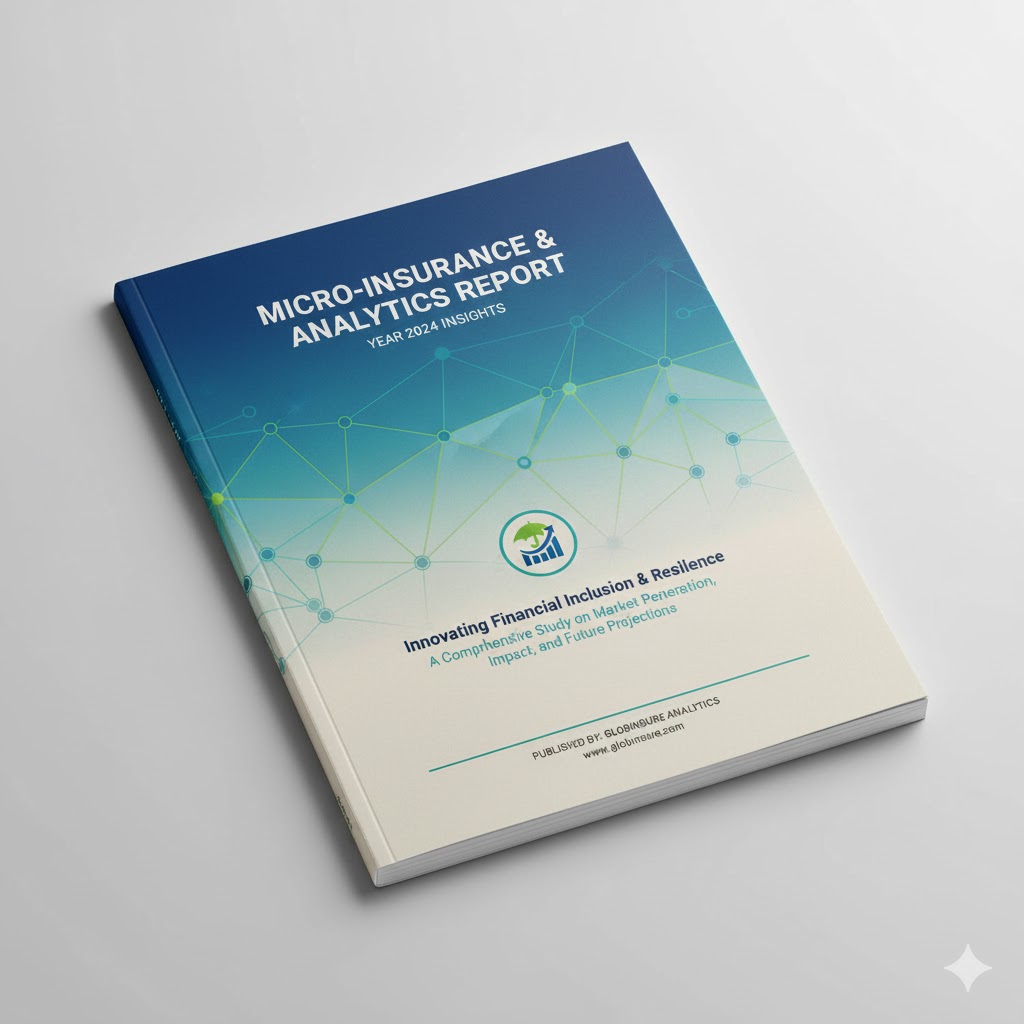Displaying 1 - 15 of 17

Case brief: ALM SEGUROS
Case brief: ALM SEGUROS. This presentation introduces ALM Seguros as one of the pioneering microinsurance companies in Brazil. The company focused on delivering accessible life and funeral insurance to underserved communities, building trust through affordable premiums and simplified claims. The case illustrates how early entrants in the Brazilian market paved the way for inclusive insurance by aligning product design with local needs and regulatory frameworks.
Date d'émission
2021
Sujets
Sujet (Produit)

Case brief: FASECOLDA
Case brief: FASECOLDA. This entry presents the activities led by the Federation of Colombian Insurers (Fasecolda) to strengthen inclusive insurance in Colombia. It covers efforts in financial education, technical training, regulatory engagement, and the promotion of innovative products for underserved segments. The case demonstrates how institutional leadership and coordinated action have advanced capacity building and inclusion in the Colombian insurance sector.
Date d'émission
2020
Sujets
Sujet (Produit)

Case brief:TUNAJALI
Case brief: TUNAJALI. "Tunajali" — meaning "we care about you" — is an inclusive e-commerce insurance initiative developed to serve low-income customers across Latin America and the Caribbean (LAC). The program leverages digital platforms to provide accessible health insurance, with a focus on simplifying enrollment and claims processes. It demonstrates how tech-enabled delivery models can overcome traditional barriers and scale protection for vulnerable populations.
Date d'émission
2020
Sujets
Sujet (Produit)

Empowering Women Smallholder Farmers through Digital Microinsurance
Photo essay by ADFI and Pula showing gender-inclusive insurance design using mobile platforms and bundled climate microinsurance products across Kenya, Nigeria, and Zambia.
Date d'émission
2022
Sujets
Sujet (Produit)
Région

Enhancing Agricultural Productivity through Yield Estimation Initiatives in Partnership with the Farm-to-Market Alliance
Details ACRE Africa & FtMA project in Kenya to improve crop index insurance using geo-mapped yield data and local training.
Date d'émission
2024
Sujets
Sujet (Produit)
Région

Exploring the Role of Microinsurance in Financial Inclusion: a Tanzanian Case Study
Explores mobile-based microinsurance and its role in Tanzania's financial inclusion strategy.
Date d'émission
2024
Sujets
Région

How Chhaya is Building an End-to-End Digital Microinsurance Platform in Bangladesh
Bangladeshi insurtech Chhaya develops affordable digital health and life insurance distributed via mobile payments (bKash) with a subscription model.
Date d'émission
2025
Sujets
Sujet (Produit)
Région

Insurance Automation by Lead Foundation in Egypt
Insurance automation initiative led by Lead Foundation in Egypt, exploring how digital systems can enhance access to inclusive life insurance. The case outlines the broader poverty and economic context, key capacity-building interventions, implementation strategy, and an honest reflection on both the successes and challenges faced. It also discusses project outcomes and lessons learned, offering a blueprint for tech-enabled insurance in underserved regions.
Date d'émission
2019
Sujets
Sujet (Produit)
Région

InsuResilience Solutions Fund – Development of an Insurance Programme for Public Schools in Peru
Public-private partnership to insure 50,000+ Peruvian public schools against natural disasters with parametric payouts. Led by APESEG and ISF with support from IDF, AXA XL, and Munich Re.
Date d'émission
2021
Sujets
Sujet (Produit)

Making a profitable inclusive insurance business: a case study of Britam, Kenya
In 2007, Britam, a Kenyan financial group, launched its first microinsurance product for low-income customers. Over 11 years, Britam built a profitable microinsurance business unit covering more than 700,000 lives by 2017. This case study distills key lessons from Britam's journey to guide other insurers in serving traditionally excluded markets.
Date d'émission
2019
Sujets
Sujet (Produit)
Région

Making Microinsurance Work, Scale2Save Learning Paper
Making Microinsurance Work: This learning paper by Scale2Save explores the challenges affecting the uptake of microinsurance across emerging markets. Drawing from real-world case studies in Côte d'Ivoire and Nigeria, it identifies key barriers and presents practical strategies to boost adoption. The report highlights innovative distribution approaches, customer education tactics, and partnership frameworks that drive scale and sustainability for inclusive insurance services.
Date d'émission
2021
Sujets
Sujet (Produit)
Région

Microinsurance and Social Protection: Fiji Country Case Study
WFP and UNCDF piloted cyclone parametric insurance in Fiji for ~325 vulnerable households. This macro–micro model enabled payouts via mobile wallets within 3–5 days after disasters, offering financial protection to the poorest social welfare recipients.
Date d'émission
2023
Sujets
Sujet (Produit)
Région

OKO for UN WOMEN & UNCDF: Case study
An index-based crop insurance product tailored specifically for women smallholder farmers in Mali. This inclusive approach improves gender equity and strengthens financial protection for rural women by providing climate-resilient risk coverage. The model aims to address both agricultural vulnerability and structural gender gaps in access to insurance.
Date d'émission
2022
Sujets
Sujet (Produit)
Région

Pioneer Microinsurance: Building a Business around Positive Customer Experience Pays Off
Pioneer Microinsurance in the Philippines built a strong customer-centric culture by leveraging client data and insights and embedding customer-focused behaviors across the organization. This approach improved the customer experience, strengthened client value, and drove significant business growth, including higher policy renewals and expanded outreach.
Date d'émission
2018
Sujets
Sujet (Produit)
Région

Promoting access to insurance for people with disabilities and small and micro entrepreneurs – The case of El Salvador
In El Salvador, most small farmers and micro-entrepreneurs face frequent economic and climate shocks without adequate insurance. To bridge this gap, the World Food Programme and local partners are piloting an innovative insurance solution covering over 950 farmers and micro-entrepreneurs (46% women) against business interruption caused by excess rainfall, drought, or earthquakes.
Date d'émission
2021
Sujets
Sujet (Produit)
